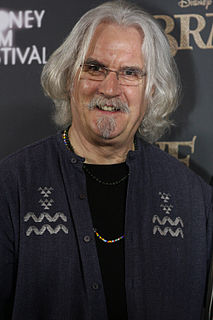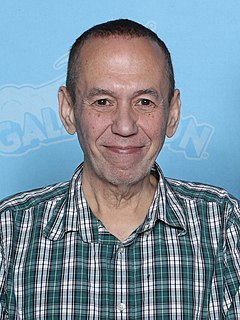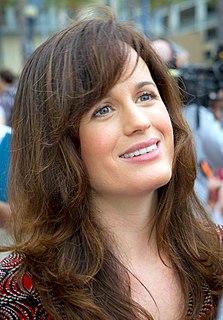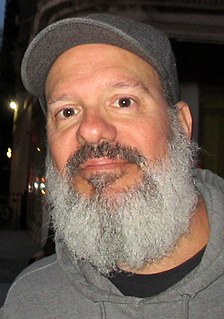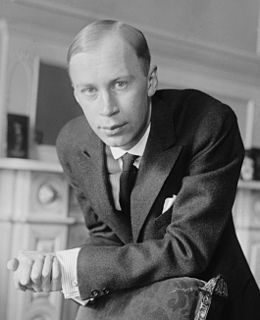Цитата Джерваса Хьюза
Было сказано, что если начальную фразу классического менуэта можно подогнать к словам «Вы тот О'Рейли, которому принадлежит этот отель?» затем ее написал Гайдн; если не может, то не было.
Связанные цитаты
В последние дни вы были тихими, — сказал Треванион. — Вы собираетесь рассказать мне, о чем был… обмен словами? — Кто сказал, что был обмен словами? — раздраженно спросил Финникин. женщина говорит: «Надеюсь, ты упадешь под свою лошадь» и «поймешь свою смерть, а потом посмотрим, не огорчу ли я тебя», — сказала Перри, — затем произошел обмен словами. Финникин посмотрел на него. «По моему скромному мнению .
Билл О'Рейли знал, что он может просто заниматься флибустьерством и наслаждаться всем эфирным временем, которое ему даст полное интервью, а затем также захватывать сенсационные заголовки, которые он любит создавать. Он использовал это как корм для своего шоу в течение нескольких недель. Я бы не хотел оказаться на плохой стороне Билла О'Рейли. Но опять же, может быть, я сейчас. Дав это интервью.
Я усердно работал над [Улиссом] весь день», — сказал Джойс. Значит ли это, что вы написали много?» Я сказал. Два предложения», — сказал Джойс. Я посмотрел в сторону, но Джойс не улыбался. Я подумал о [французском романисте Гюставе] Флобере. «Вы искали mot juste?» Я сказал. Нет», — сказал Джойс. «У меня уже есть слова. Я ищу идеальный порядок слов в предложении.
Это открытие «Мандерлея» в Каннах, и я сижу рядом с этим парнем, который пишет для крошечной вымышленной французской газеты «На солнечной стороне», и он пишет рецензию на фильм, и ему явно скучно. Затем он рассказывает мне обо всех машинах, которые у него есть, и о том, насколько он богат, и обо всем этом... Итак, в какой-то момент он говорит: «Итак, чем ты занимаешься?» Затем я достаю этот очень странный молоток, который есть у нас в датском строительном бизнесе, и говорю: «Я убиваю». А потом я его убиваю. Это так же глупо, как звучит.
Кто-то сказал: «Историю пишут победители». Я понимаю, что это означает, что мы можем одержать победу, написав, а затем переписав свои собственные истории. В стране и культуре, где доминируют средства массовой информации, манипулируя словами и историями, рассказывать истории людей, истории которых исторически не были рассказаны, — это радикальный поступок, и я верю, что поступок может изменить мир и помочь переписать историю.
В ту минуту, когда вы что-то читаете и не можете понять, вы можете быть уверены, что это написано юристом. Затем, если вы дадите его прочесть другому юристу, а он не знает, что это значит, тогда вы можете быть уверены, что это было составлено юристом. Если в нескольких словах и понятно, и понятно только с одной стороны, то написано не юристом.
Когда Библия была написана, затем отредактирована, затем переписана, затем переписана, затем снова отредактирована, затем переведена с мертвых языков, затем снова переведена, затем отредактирована, затем переписана, а затем отдана царям, чтобы они взяли их любимые части, затем переписано, затем переписано, затем снова переведено, затем отдано папе на одобрение, затем переписано, затем снова отредактировано, снова-пере-переписано снова... все основано на рассказанных историях. устно через 30-90 лет ПОСЛЕ того, как это произошло... людям, которые не умели писать... так что...
«Писать» — неверный способ описать то, что происходит со словами в фильме. Во-первых, вы записываете слова. Затем вы репетируете их с актерами. Затем вы стреляете в слова. Затем вы их редактируете. Ты их много вырезаешь, подтасовываешь, придумываешь новые закадровым голосом. А потом режешь и все выбрасываешь.


